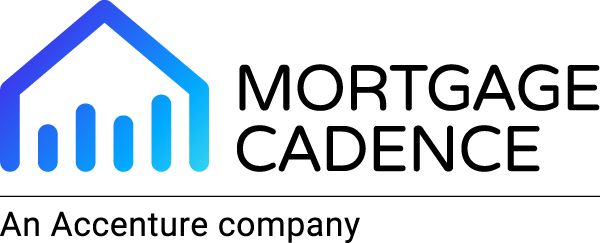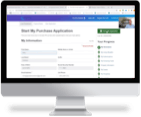Many lenders see home equity lending and reverse mortgages as an either-or proposition. All the signs are telling us that this won’t be the case in 2024. Home equity lending is on the rise, and it looks like it will be a great opportunity for lenders in the new year.
For one thing, today’s modern loan origination technology can originate any kind of loan program, traditional, reverse or home equity. That means we’re very likely to see lenders break their businesses down by product type, as they have in the past.
This means that if a lender who normally originates reverse mortgages sees an opportunity to originate a home equity loan product, they can easily do so. We think they will see more of these opportunities in the year ahead.
There are a number of reasons we think this. First, homeowners have plenty of equity in their homes. Second, the increase in inflation has had a lagging effect that has put more consumers in need of cash now. This is impacting older homeowners to a higher degree, due to the high cost of healthcare and other end-of-life expenses.
Lenders would be wise to optimize their tech stacks now to allow easy home equity lending workflows in 2024 and beyond.
An opportunity on the rise
According to the St. Louis Federal Reserve, home equity in the U.S. is currently at historically high levels, with the overall estimated value of U.S. homeowner equity as of September 2023 standing at $29.8 trillion.
This means, according to CoreLogic's Q1 2023 Homeowner Equity Insights report, that the average homeowner was sitting on $274,000 in equity in the first quarter of 2023. It’s significantly higher in states like Hawaii and California.
This is good news for Americans who need cash, and a look at consumers’ current debt load indicates that they need it. LendingTree reported that American’s credit card balance is $1.079 trillion, as of the third quarter of 2023. This marks the second consecutive quarter in which Americans’ credit card balances topped $1 trillion, which had never happened prior to the second quarter of 2023, the company said.
When they max out their cards, more Americans are borrowing from their 401(k) plans, according to research from the Investment Company Institute (ICI). Some plan participants seem to be using plan loans to meet modest short-term financing needs, according to ICI.
In 2024, we expect more consumers to turn to home equity for this, particularly for older individuals for whom 401(k) withdrawals due to the obligation of repayment.
Interest rates are expected to begin their fall in 2024, but it won’t happen all at once. For many Americans in need of cash, home equity will emerge as a better solution in during 2024.
Home Equity: A Strategic Financial Tool
Despite reports of inflation easing, the actual impact on everyday expenses isn't immediate. There's a lag – often extending several months – during which consumers still grapple with high costs. During this period, maintaining cash flow and meeting family needs become pressing concerns.
Home equity has traditionally been viewed as a last resort in financial planning.
However, the current financial landscape calls for a reevaluation of this perspective. For older homeowners who have devoted years to building up equity in their homes, accessing this asset can be a strategic component of their retirement planning.
Often, consumers lack guidance in navigating their financial options, particularly when it comes to leveraging home equity. This is where reverse mortgage lenders can play a pivotal role. They aren't just loan providers; they are emerging as integral members of the financial advisory team, especially for families and individuals approaching retirement.
The reverse mortgage lender's role is evolving beyond mere transactional interactions. They are becoming vital in helping families understand how to incorporate home equity into their overall financial strategies effectively.
This approach goes a long way in ensuring that seniors can access the resources they need while still protecting their long-term financial health.
As we navigate through 2024, it's clear that home equity lending, particularly for older homeowners, is not just a viable option but a necessary one. With the economic shifts and the pressing need for cash, leveraging home equity can be a smart, strategic move. Lenders who go in search of a tech stack that can originate both reverse mortgage loans and home equity loans with ease should call on Mortgage Cadence today to see a demo of the new MCP mortgage loan origination platform.
By George Morales, National Sales Director at Mortgage Cadence
Want more?
Follow us on LinkedIn to be notified when our next article is released.
Media Contacts
Mortgage Cadence:
Alison Flaig
VP, Marketing
(919) 906-9738



